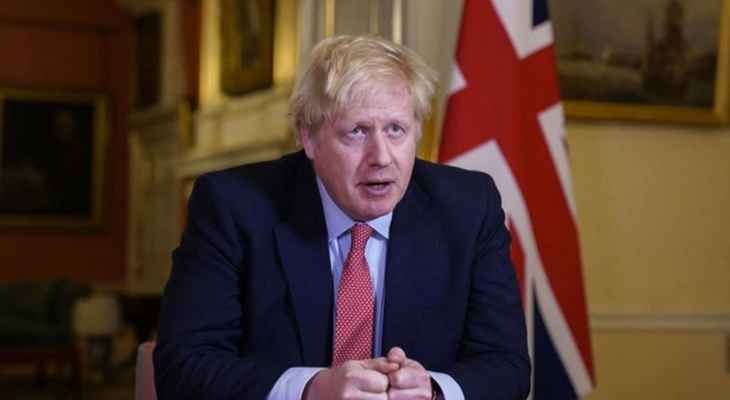Outgoing UK Prime Minister Boris Johnson announced in a televised statement that “the government will announce additional support for citizens next month to help them bear the burden of massive increases in electricity and gas prices”, and explained that “the government should not impose a price ceiling on energy for all citizens,” adding that “the energy price crisis will continue in the coming months and continue through the winter, and that the situation will be difficult.”
For his part, Finance Minister Nazim Zahavi demanded in statements “citizens to rationalize their energy consumption in order to counter the significant rise in energy prices in the coming period”, stressing that “government support is coming, but we know it is not enough and we must do more , and in the long term, we will continue to support the citizens most vulnerable to the effects of price increases, who have nothing to rely on.”
He stated that “the Treasury is currently working on preparing options for the next prime minister, whose name will be announced on September 5 next year, to decide how to deal with the energy crisis”, noting that “the government announced before allocating £37 billion to help citizens pay their electricity and gas bills.
And energy regulator Ofgem previously announced “raising the ceiling on UK energy prices by 80% starting next October, driving up inflation amid an unprecedented cost-of-living crisis.”
The authorities announced that “the ceiling will rise from £1,971 a year for each average family to £3,549 thousand due to rising global gas prices as a result of Russia’s war in Ukraine.”
Britain’s electricity prices have been affected by the energy crisis engulfing the entire European continent and have worsened in recent months as Russian gas flows witnessed turmoil over the aftermath of the military operation in Ukraine.
Source: El Nashra
